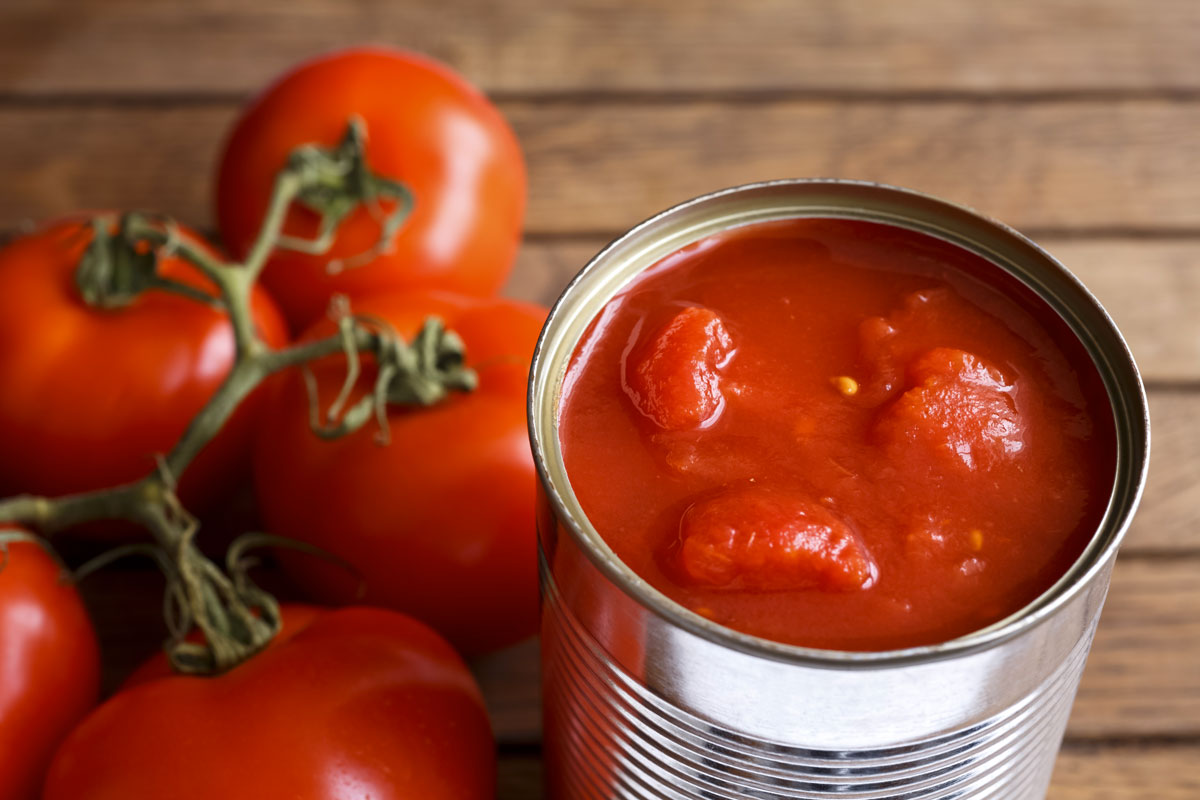
The epitome of Italian heritage and a pivotal element in the nation’s culinary legacy, tomato preserves stand as stalwarts amidst Italy’s national Made in Italy Day, a governmental initiative observed annually on April 15th to champion the essence and excellence of Italian-made food and beverage products.
The ascendancy of Italian tomato preserves finds affirmation in export statistics, with over 60% of production earmarked for international markets. In 2023, the export trajectory of all tomato derivatives witnessed a noteworthy ascent, registering a formidable 16% surge in value compared to the preceding year, amassing approximately three billion euros.
Giovanni De Angelis, Director General of Anicav (National Association of Vegetable Food Preserves Industries), underscores this result, attributing it to the premium quality of raw materials nurtured by Italian farmers, the entrepreneurial acumen prevalent in the sector, and the unwavering commitment to safety standards. Such accolades reaffirm these preserves as exemplars of Italian agri-food prowess.
Italy proudly assumes the mantle of foremost producer and exporter of tomato derivatives destined for direct consumer consumption. Concentrates, peeled tomatoes, purees, pulp, and cherry tomatoes, all sourced from 100% Italian tomatoes of pristine caliber, undergo processing within a stringent 24-hour window post-harvest.
However, amidst this triumph lies a concern within the industry’s echelons—anxiety over the influx of ‘semi-finished’ tomatoes from non-EU nations, devoid of the ethical, social, and environmental standards inherent in Italian practices. Such imports pose a threat to domestic enterprises, compelling a call for parity in regulatory frameworks. Italy, renowned for its export prowess, particularly in the agri-food domain, advocates not for protectionism but for the equitable application of subsidiarity principles, whereby all actors adhere to a uniform set of regulations.
